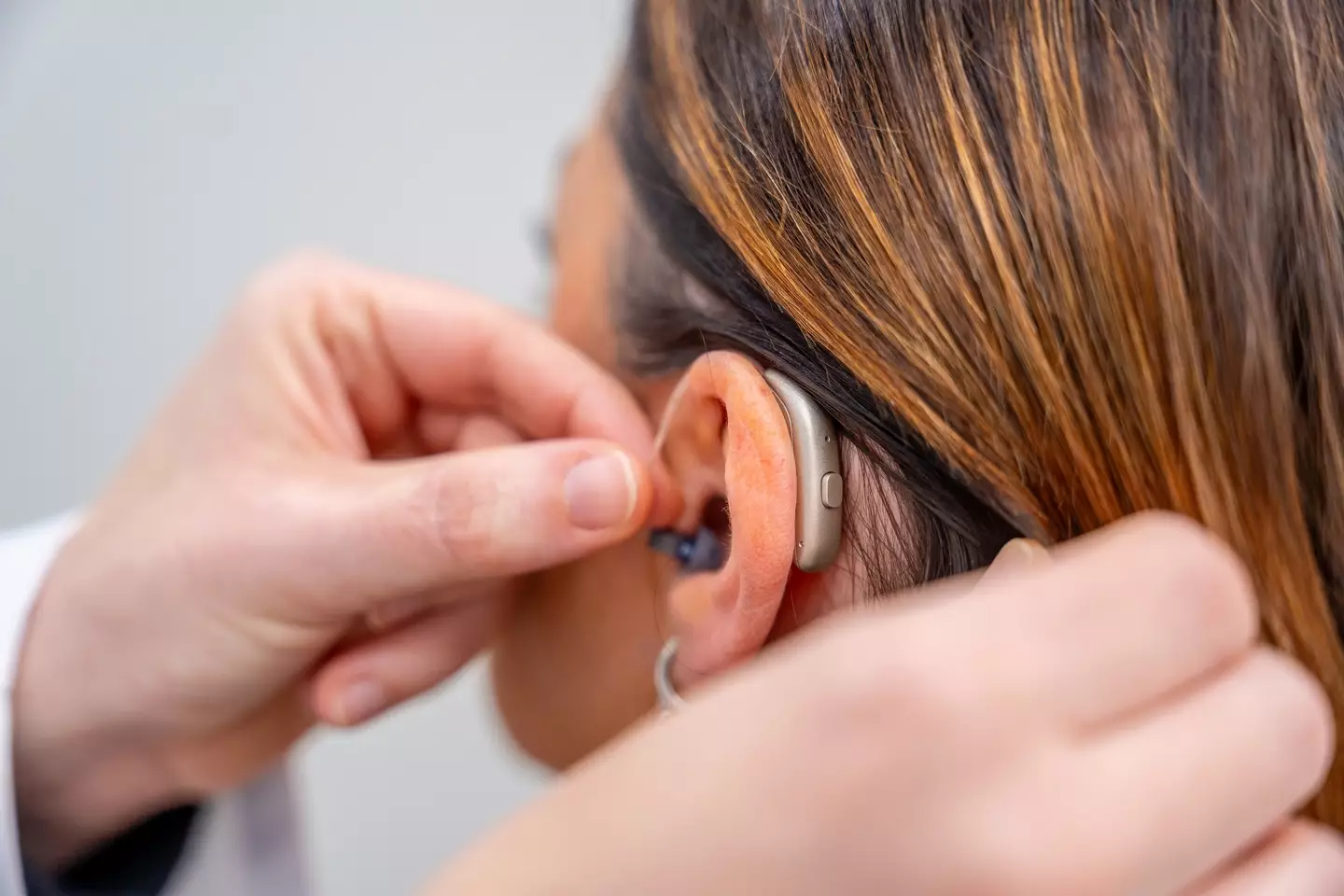
Scientists are working on a new high-tech pair of glasses that could help people hear better.
Yep, glasses that will help your ears - welcome to the future.
A collaboration between Heriot-Watt University and the University of Edinburgh is creating a prototype that uses lip-reading technology, artificial intelligence, and cloud computing to enhance what people hear through their hearing aids.
The Royal Institute for Deaf People states that over 1.2 million people in the UK have severe hearing loss, which can significantly impact their day-to-day life, including conversations.
Advert
The Edinburgh Chamber of Commerce further notes that hearing aids, although helpful, can be hindered by environmental factors, such as noise, even with the availability of noise-cancelling technology for those with hearing aids.
However, with these smart glasses, which are still in development, hearing what a person is saying to you is expected to become much easier.

As for how they work, the glasses come with a tiny camera that records speech and uses visual cues to figure out who is speaking. The recording is then sent from the phone of whoever’s wearing the glasses to a cloud server.
This is where the speaker’s voice is isolated and background noise is removed.
Finally, the crystal-clear audio zooms back down to your hearing aid - and the servers are based over in Sweden, by the way.
By applying the heavy lifting to cloud servers, it'll be easier for researchers to use powerful algorithms without completely overwhelming the device.
"We're not trying to reinvent hearing aids. We're trying to give them superpowers," said project leader Professor Mathini Sellathurai, of Heriot-Watt University.
"You simply point the camera or look at the person you want to hear. Even if two people are talking at once, the AI uses visual cues to extract the voice of the person you're looking at."

However, why stop there? Professor Sellathurai adds that 'one of the most exciting parts' is how the technology could possibly be used for other things.
She continued: “Yes, it’s aimed to support people who use hearing aids and who have severe visual impairments, but it could help anyone working in noisy places, from oil rigs to hospital wards.”
They’re aiming to have a working pair of these smart glasses ready by 2026, and are also in discussions with manufacturers to make them more cost-efficient and easily accessible.
Professor Sellathurai adds: "There are only a few big companies that make hearing aids, and they have limited support in noisy environments.
“We want to break that barrier and help more people, especially children and older adults, access affordable, AI-driven hearing support."
Topics: News, UK News, Technology, Health
